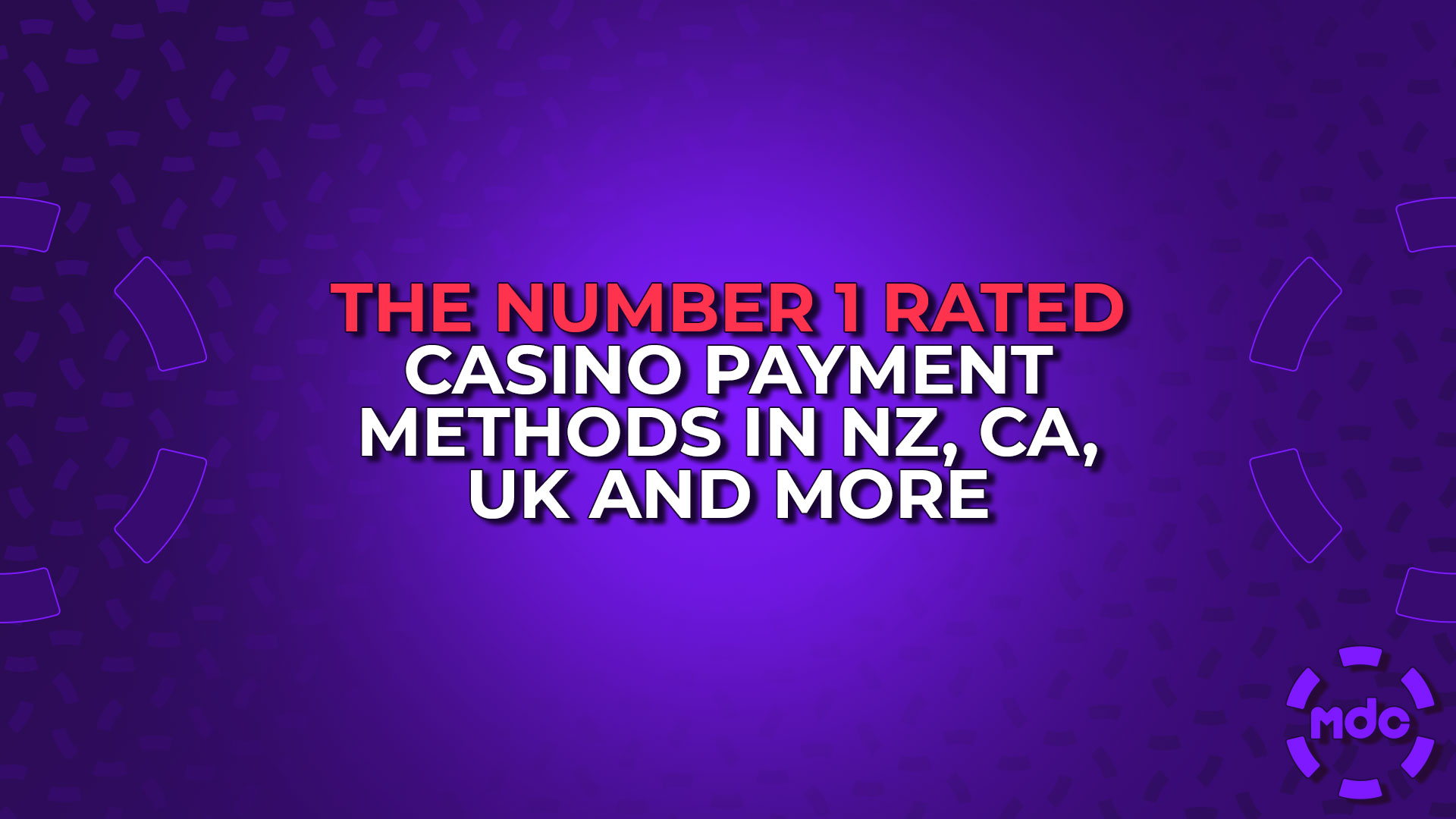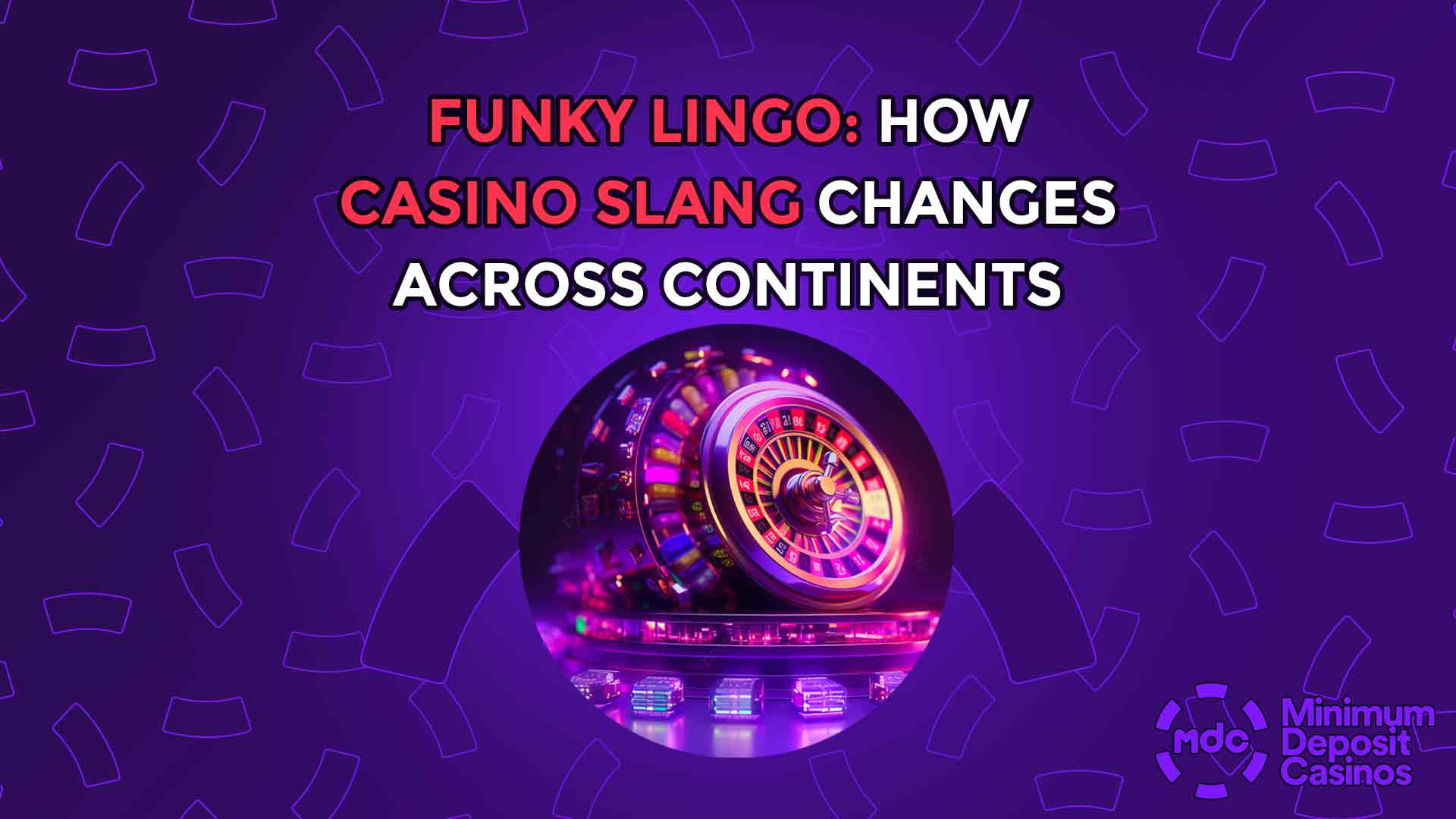
Future of sweepstakes in Jeopardy as widespread bans looming
Sweepstakes casinos strutted onto the scene like rebellious cousins of traditional gambling platforms – cheeky, charming, and operating just outside the rules. Their magic trick? A clever “no purchase necessary” model and a dual-currency system where players juggle Gold Coins for fun and Sweeps Coins for the chance to win real prizes.
This setup gave them a passport into regions where real-money gambling was tightly locked down, allowing players to enjoy the thrill of slots and table games without technically placing a wager. The result? A global fanbase and an industry that ballooned while regulators blinked.
But the party may be winding down. The once-cozy grey area these platforms danced in is now under a harsh spotlight. US lawmakers are tightening the leash, with states like New York, Montana, and Louisiana charging forward with efforts to ban sweepstakes-style gambling altogether. This crackdown marks a turning point, one that could ripple far beyond American borders.
Understanding why sweepstakes casinos became popular
It didn’t take a crystal ball to predict the rise of sweepstakes casinos. They burst onto the scene like a royal flush at a high-stakes poker table. These clever platforms found their sweet spot in regions with tight gambling laws, swooping in with a legal workaround that let players enjoy casino-style games without betting real money upfront.
That’s right, no actual cash needed to join the fun. Instead, users snagged “sweepstakes” entries through free methods or via purchases of virtual currency, dancing through legal grey areas like pros at a blackjack table.
The secret sauce? Timing and tactics. As the world locked down during the COVID-19 pandemic and boredom levels skyrocketed, the demand for online entertainment exploded – cue the perfect storm for digital casinos.
And just like that, sweepstakes platforms were front and centre, backed by slick influencer campaigns and aggressive marketing that promised thrills without the guilt (or the government fines). These casinos didn’t just tap into a loophole; they tap-danced through it, offering a taste of Vegas to players stuck in legally dry territories.
Signs that the regulatory tide is turning
If sweepstakes casinos were surfing a wave of legal ambiguity, that wave is starting to crash hard. Across the US, lawmakers are tightening the reins on these platforms, and the message is clear: the free ride might be over.
Take New York, where Assembly Bill 6745 and Senate Bill 5935 are gunning for the heart of the sweepstakes model. These bills aim to ban online games using the dual-currency sleight of hand – think Gold Coins for play and Sweeps Coins that can be cashed out for real-world prizes.
Assembly member Carrie Woerner didn’t mince words when she called these games “the on-ramp to youth gambling.” And she’s not alone. Earlier this month, the State Senate’s Racing, Gaming and Wagering Committee gave a unanimous thumbs-up to push Bill S5935 forward. If passed, it would outlaw any internet-based casino-style games using dual-currency systems and slap violators with fines of up to $100,000 per violation.
Montana is following close behind with Senate Bill 555, a stealthy piece of legislation that doesn’t name-check sweepstakes casinos directly, but clearly has them in the crosshairs. By redefining illegal online gambling to include any currency used for bets – real or virtual – Montana’s gearing up to be the first state to give sweepstakes casinos the boot entirely. The bill’s already made it through both chambers and is now sitting on Governor Gianforte’s desk, pen pending.
And then there’s Louisiana, where Senate Bill 181 is swinging for the fences. Passed unanimously, this bill aims to ban any online games using a dual-currency system that simulate gambling in any form, from classic slots to sports betting. Not only does it target the operators, but affiliates and suppliers are also on the chopping block. Basically, if you’re helping run the sweepstakes ship, Louisiana wants you off it.
What’s behind this sudden legislative crackdown? Simple: consumer protection, underage gambling concerns, and the murky waters of offshore operators. Regulators are waking up to the reality that these platforms, while wrapped in legal lingo and “no purchase necessary” ribbons, are functioning a lot like real-money casinos, without the oversight. As more states join the fray, it’s looking less like a few isolated bans and more like the start of a full-scale regulatory reckoning.
Impact on players and platforms
The regulatory storm brewing isn’t just a headache for lawmakers, it’s sending shockwaves to players and platforms, and the fallout could be messy.
For players, the biggest question is: what happens to all those shiny Sweeps Coins and unclaimed prizes if a platform suddenly pulls the plug? The answer – uncertainty, lots of it. With bans looming, some players are finding themselves stuck in limbo, unsure whether their hard-earned virtual winnings can ever be cashed out.
Case in point: Real Prize, which preemptively exited the New York market ahead of the legislative hammer dropping. The result – players were abruptly cut off from redeeming prizes, with no clear path to claim what they’d already won. Not exactly the jackpot ending most were hoping for.
For platforms, the stakes are equally high. These once-nimble operators now face the very real need to lock down their offerings with geo-restrictions, boost Know Your Customer (KYC) checks, and perhaps most painfully, tone down their flashy marketing that once leaned heavily on social media influencers and the “win real prizes for free!” mantra.
Staying one step ahead of regulators means making tough calls, fast, and in some cases, ditching entire markets before things get ugly.
What was once a clever workaround is now becoming a compliance nightmare.
What platforms and players can do to prepare
With the regulatory winds picking up speed, it’s time for both players and platforms to buckle up and get proactive or risk getting swept away.
Players, for starters, should keep their eyes peeled and their ears to the ground. That shiny new sweepstakes casino might look tempting, but if it’s operating in a legal grey zone, you could end up playing with fire.
The smart move? Stick with platforms that are transparent about their terms, clearly outline how coins and prizes work, and aren’t afraid to talk about the legal fine print. And most importantly, stay informed about your local laws, what’s legal today might be gone tomorrow, and your winnings could disappear with it.
Platforms, meanwhile, have some serious homework to do. The era of skating by on legal loopholes is ending, and survival will come down to two key things: adaptability and compliance.
That might mean pursuing formal licensing in regulated markets, tightening up KYC protocols, or even reimagining business models to stay on the right side of the law.
Some are already toying with future-forward strategies like blockchain-based rewards and decentralized engagement tools, not just as gimmicks, but as ways to build trust and transparency in an increasingly skeptical landscape.
Bottom line? The sweepstakes casino game is changing fast, and those who want to stay in the race need to pivot, plan, and play it smart. Because in this new era, it’s not just about offering flashy games, it’s about building platforms that can weather whatever rules come next.
Is there still a future for sweepstakes casinos?
Let’s call it like it is – sweepstakes casinos are at a crossroads. The regulatory spotlight is getting hotter, the legal grey zones are shrinking, and the wild-west era of dual-currency, no-license-required gaming is quickly coming to an end. For operators and players alike, the days of skating by on clever loopholes are numbered.
But does that mean it’s game over? Not necessarily.
Sure, the challenges are stacking up. But so are the opportunities. There’s still a future here just not one built on the old playbook. The smart money is on evolution. Platforms that pivot toward fully licensed models, embrace clearer compliance frameworks, and tap into emerging technologies (think blockchain-based rewards, provably fair gaming, and transparent user verification systems) which could carve out a more sustainable, future-proof niche.
The key? Adapt or fold. Stakeholders need to keep a close eye on regulatory shifts and be ready to act fast, whether that means pulling out of newly restricted markets, tightening internal policies, or overhauling entire platforms to meet legal standards.
And players? Stay sharp, stay informed, and stick with platforms that treat transparency like a jackpot. The sweepstakes model as we know it may be on the chopping block, but that doesn’t mean it’s the end of the story. With the right mix of compliance, innovation, and foresight, a reimagined version of sweepstakes casinos could still thrive and maybe even lead the next wave in the online gaming revolution.





